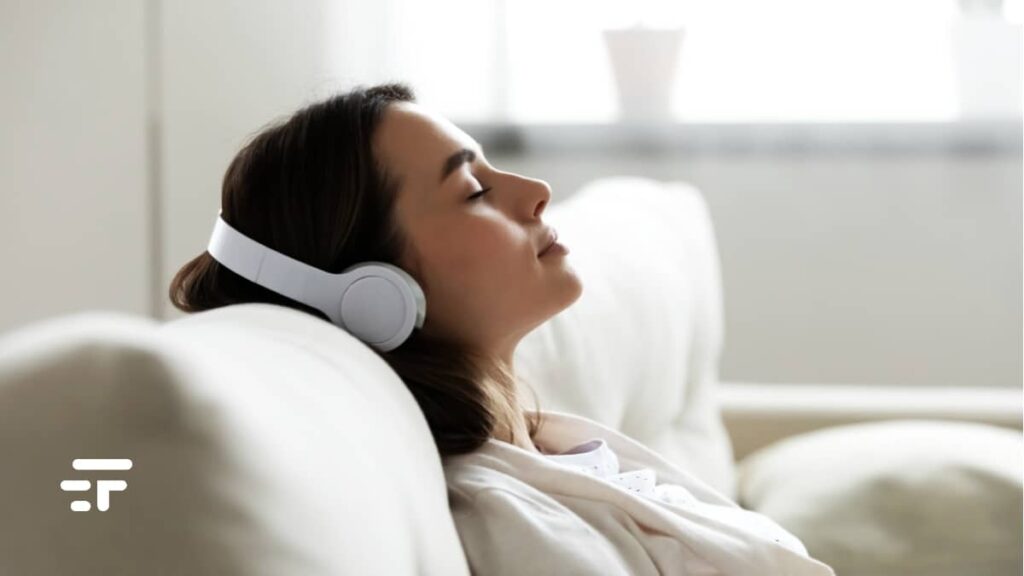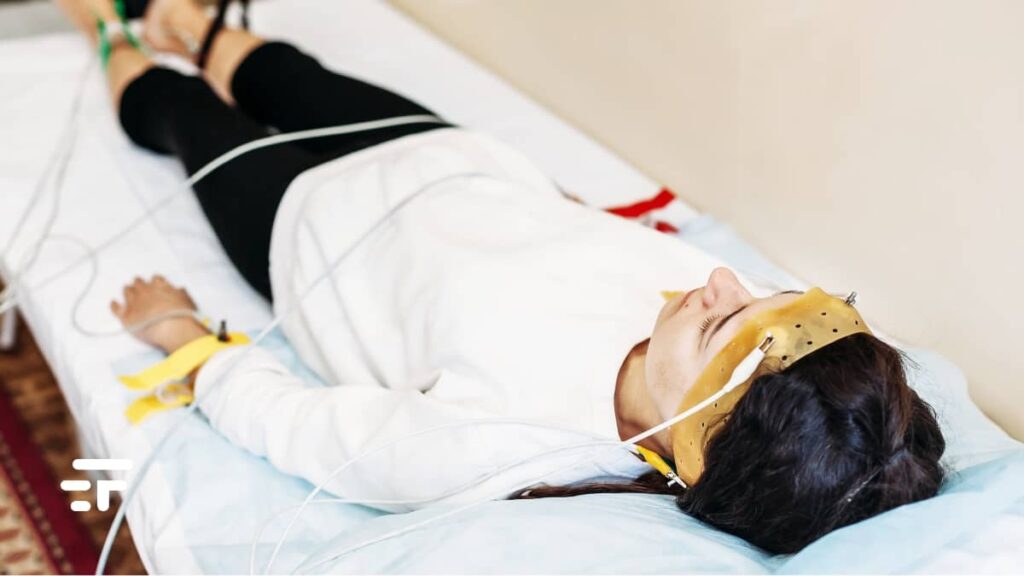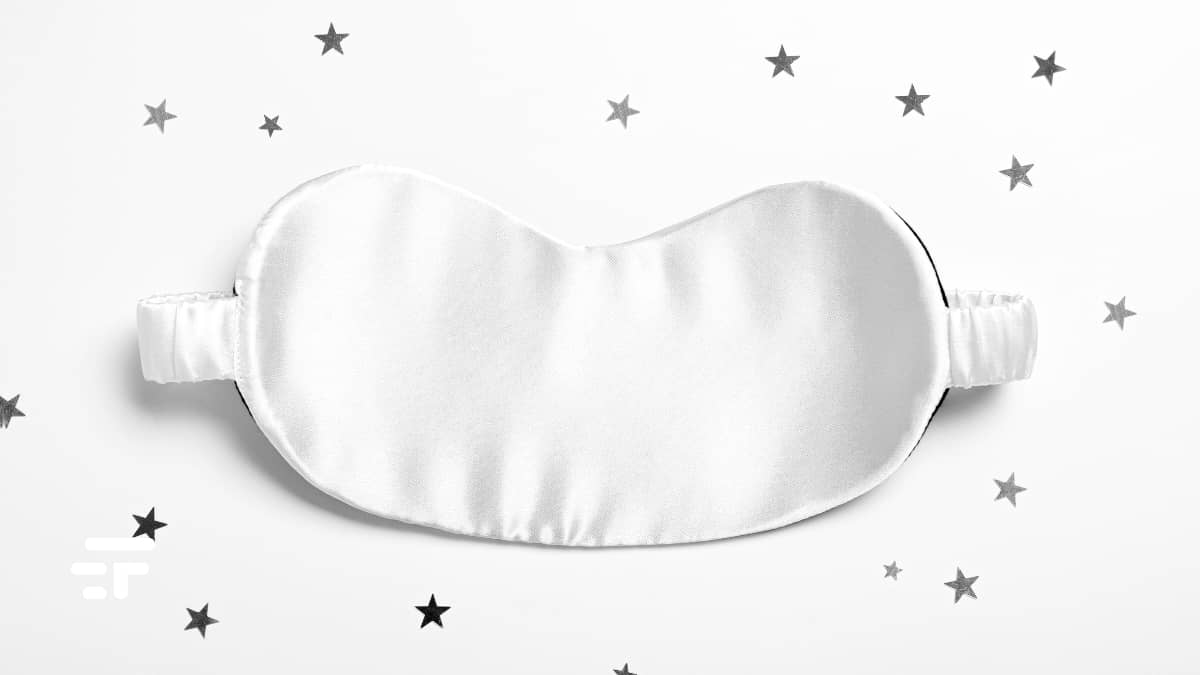Currently, a human's sleep lasts almost 8 hours a day, and it is necessary. One in three Italians, according to research, does not sleep enough. For the USA it's even worse.
There are many reasons why we don't get enough sleep. It's a fast-paced world, always on and connected. This makes it harder to relax and get the restful sleep we need.
What if we could take control with a device that restores our bodies and makes us feel like we've gotten 8 hours of sleep, in just 2 hours? It's a theory known as "sleep simulation": the idea of personalizing our sleep with technology.

What benefits would we get from sleep scheduling?
There are many consequences of a reduced need for sleep. First of all, we would be more productive: if we didn't need to sleep long we would obviously have more hours a day to use for our hobbies, our interests. For work, for culture. To live.
And in fact, in a sense we would live longer for the same years. By removing three quarters of the time we currently spend in sleep, we would have at least 50% more experiences.
How can we reduce our need for sleep?
Those studying this possibility are testing combinations of light, sound and other stimuli to simulate the sleep cycle. For example, the use of auditory stimulation has already shown promise against decreasing slow wave brain oscillations. They are the reason older people sleep so much less.
There are several ways we could hit the target. We could use the technology to stimulate the release of sleep-inducing hormones (such as melatonin). Easy to say: obviously caution is necessary, sleep is a mechanism developed over millions of years of evolution, we don't even fully understand its processes, but we know that it has a fundamental role.
The biggest risk would, of course, be that of depending on technology to even fall asleep, or that of running into terrible side effects.
But if used responsibly, technology could help us get enough sleep without sacrificing anything. In a curious evolution: today technology forces us to stay awake, tomorrow it could also make us rest better.

What would a sleep simulator look like?
As mentioned, the idea is that of a device that induces the body and brain to obtain the benefits of a full night's rest, even after an actual sleep of only two hours. AND
And the challenges to achieve it are not few. First, it should control and reproduce the brain's sleep patterns perfectly (or nearly so). And then he should be sure, too: what sense would it be to reduce sleep by wreaking havoc on our health?
If anything the opposite. The goal is to improve the quality of sleep. Sleep less, but better, more restfully and deeply.
An electric sleeping pill
In addition to light and sound, as mentioned, one possible course of action to create this technology includes low-level electrical stimulation to target specific areas of the brain associated with sleep. A sort of "imitation" of brain activity during natural sleep.
You could wear the device for a few hours before sleeping. Once sleep is induced, the device would continue to function to keep him in a deep and restful state.
One or more components of this simulator may become real sooner than we expect. I am sure that in the next few years some kind of “electronic sleeping pill” will be launched that is limited to the falling asleep phase.

And the body?
Sleep isn't just about resting our brains. The body also has its times, and needs to regenerate in some way. In some ways, getting our body to “believe” that it has rested is even more complicated.
It may be a question of "hardware", and it occurs to me that in addition to a device, it may also be necessary to rethink the physical place where you sleep.
We will need "super beds": today's most advanced ones allow us to reduce back pain: they make us breathe better, but it is still little.
I doubt we will ever sleep in strange pods or floating tanks like you see in some science fiction movie. More likely we will rely on electromagnetism, “levitating” safely, suspended in mid-air. I'll rephrase that: less unlikely. Because it would be a very expensive technology, and the magnetic field could have many consequences on our health.
Or, more simply, we will wear a sort of "vibrating pajamas" that sends delicate impulses to our body, stimulating its natural regeneration capabilities.

A world without sleep
In a “sleep-free” world, where we only need to sleep 2 hours a night, we might choose an “optimal” time, for example between 00:00 and 3:00. According to scientific evidence, waking up after 12 is harmful to our health.
Relatively minor issues, however, in the context of a society that would be completely transformed by such an invention. We should rethink everything, from work to social life through poetics and the collective imagination (goodbye silence).
Let's see if there will be any progress in this area, and in the meantime let's keep our eyes open, but don't exaggerate :)


